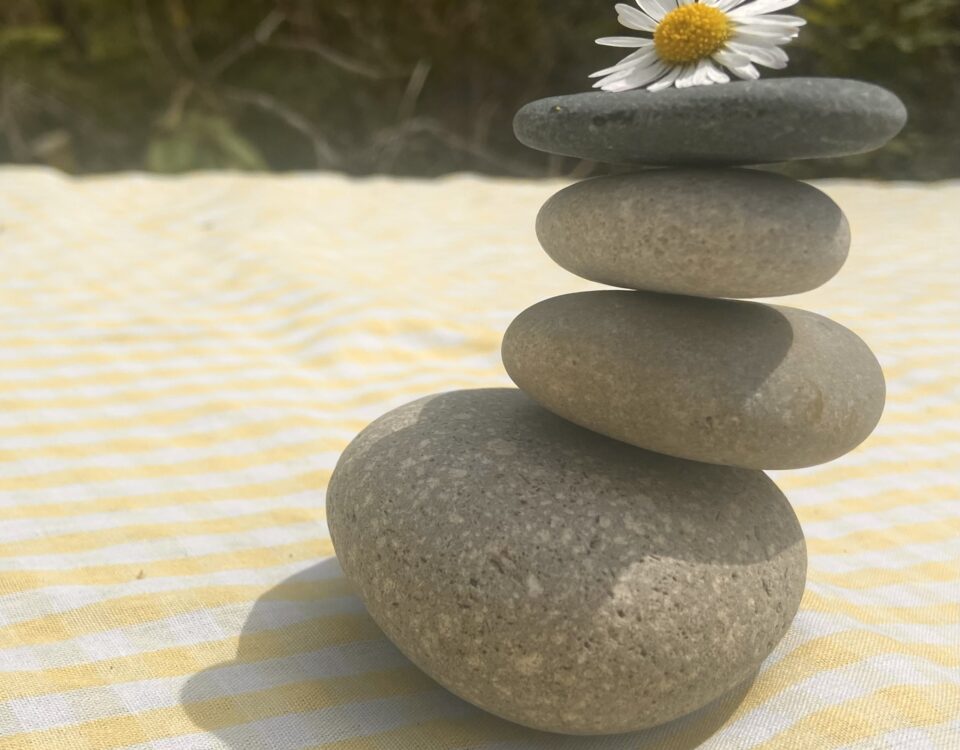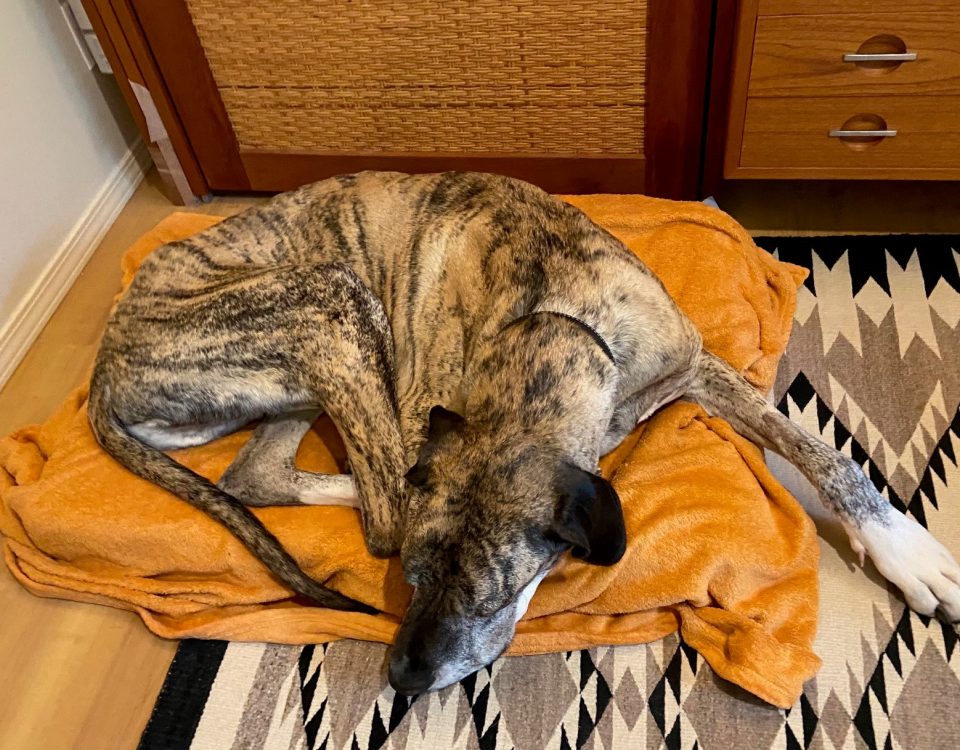Satya
April 25, 2008Brahmacharya
June 5, 2008Asteya
It was a lovely setting for a yoga teacher training workshop: Meadows of flowering trees sloped to a view of a lake nestled in the mountains. The weather hinted of summer. And each meal offered a plethora of fresh bread and colorful casseroles. I’d been robbed.
No, my camera didn’t go missing and I still have my wallet. Non-stealing, or asteya, is the third yama of yoga, and in a roomful of yoga instructors, there was no one who’d snatch the keys to someone else’s car.
Something more basic was lacking from the session: a spiritual component. Even though the smell of apple blossoms, the morning mist rising off the water, the warm sun, the sweet and tangy tastes at dinner all filled my senses, I found little that was insightful, that spoke to me and my daily practice, that I could apply to living my yoga.
Why was the teacher missing the mark? Where were the “aha” moments? How come I still dove deep inside when one of the assistants quietly commented on my tremor? She did so in a caring way, wanting to be sure I was safe in a pose. Still, I recoiled, turned inward. All the scenery and fresh fruit surrounding me couldn’t change the challenges of Parkinson’s.
That about-face, that turning inward, showed me who was stealing. I was. Instead of tapping into my own spirituality, believing in what I know about yoga in my life, I was seeking understanding from outside myself, from the vistas, from the mouth of the teacher. I was looking for something I already had.



1 Comment
Your essay is insightful and beautiful. Thank You.